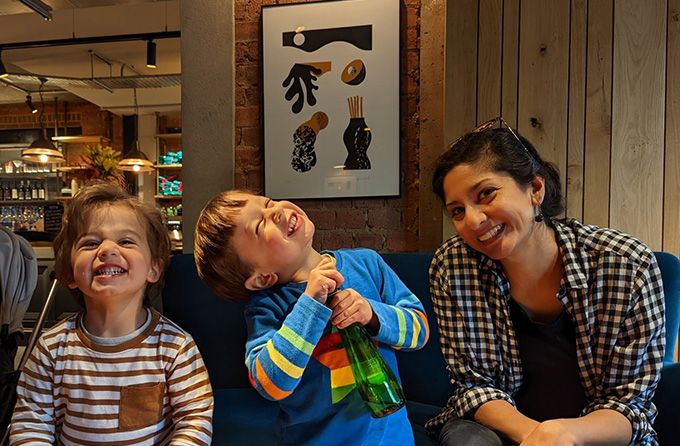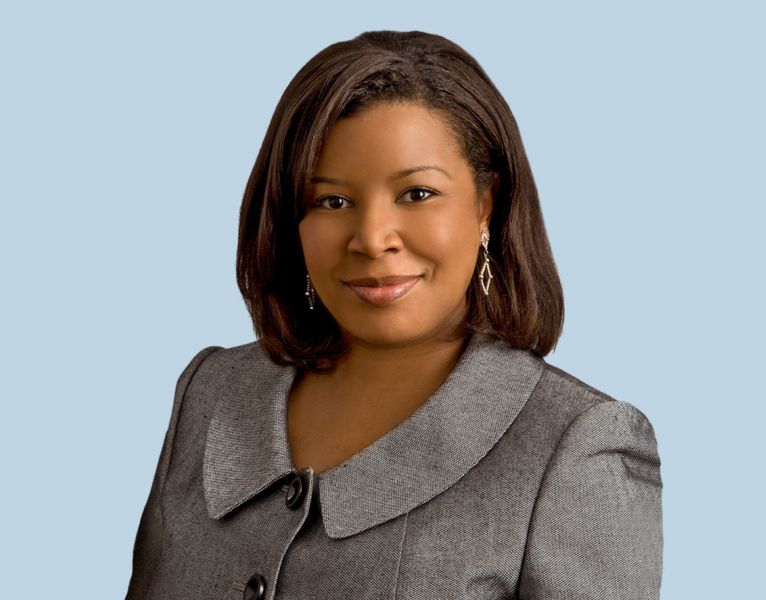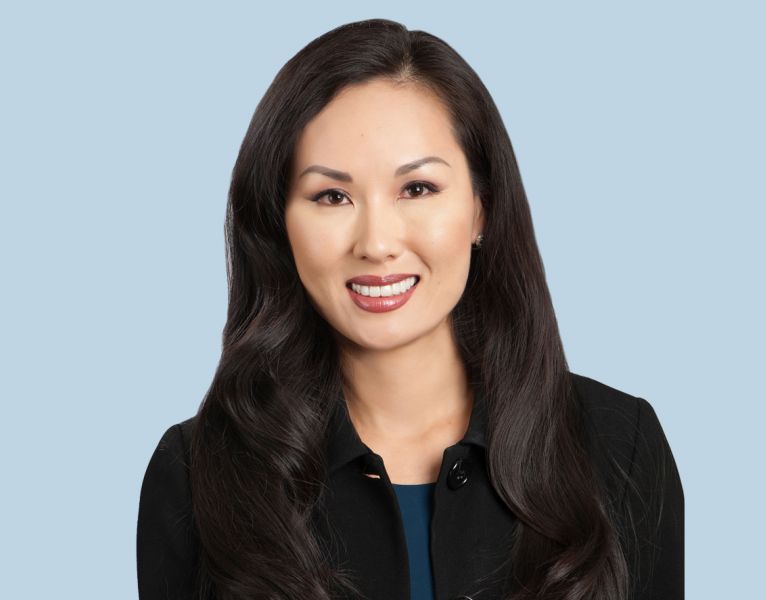Aranpreet Randhawa is a partner in our Private Investment Funds Group in London. She currently co-heads diversity initiatives in the London office and serves as a partner liaison to the Proskauer Women’s Alliance Steering Committee.
Read below for excerpts transcribed from our in-person interview with Aranpreet Randhawa.
Let’s start with you telling us about factors that have enabled you to flourish as a lawyer.
Aranpreet Randhawa: I’ve been lucky to have been taught by the best. At important stages throughout my career I’ve had good lawyers around me who have also made the effort to be good teachers, giving me the support and mentoring I needed to grow in my role, which has been key. Being part of a strong team with access to great clients and the most interesting work has been incredibly important – I’ve had the privilege of being exposed to a range of interesting and highly complex matters which has helped me develop as a lawyer and has made it easier to stay motivated in challenging times. It perhaps goes without saying but hard work is critical to a successful career. It can be tough, but you need to be responsive to your clients and your team, and put in the hours when needed.
Tell us about advice you’ve been given – something you’ll always remember that you’ve carried with you.
Aranpreet Randhawa: Something that has always resonated with me is: whenever you're interacting with a client, always think about things from their perspective. Even now, I keep that in the back of my mind when I'm on calls or when I'm putting together an email. I'm thinking, “What does the client want from me? How can I really help them?” Lawyers can have a tendency to get caught up in the detail when our clients actually have much broader challenges and need a simple, commercial answer.
If you could go back in time and give advice to your younger self, what would it be?
Aranpreet Randhawa: Always try your hardest, but also know you won’t get everything right all the time. The best lawyers are the ones who know that if something goes wrong, they can fix it and get on with it. You will inevitably make mistakes throughout your career but what will make you stand out is how you deal with those mistakes and how you correct and learn from them.
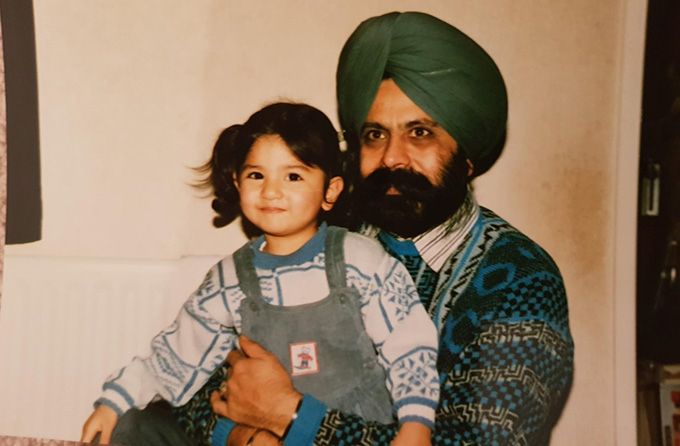
Speaking of communicating with clients, how do you ensure that you’re communicating in the most effective way? Is that intuitive on your part?
Aranpreet Randhawa: With any client, it takes a bit of time to get to know their personality, style and learn about their business. You’re not dealing with a faceless organization, you are working with an individual person. I don't think that there's ever any harm in asking your client what they're expecting from you and your advice. Often people are wary of asking what seem like silly questions, but I think clients are always quite receptive because it means they get something that's actually useful for them. It’s important to have that dialogue.
How would you advise a more junior lawyer on developing client relationships?
Aranpreet Randhawa: Try to find your counterpart at the client and make the effort to stay in touch with people at your level because over the next five to ten years, they will become the senior people in those organizations. It’s never too early to cultivate business relationships.
There also isn't one right way of doing business development. It’s about finding something that you have in common with the person that you're trying to build a relationship with. If that’s sports – great! Get tickets to a football match. But if that's not your cup of tea, then find something else that is, and find some commonality through that activity. If you're trying to be someone you're not, you're not going to build those relationships for the longer term. It’s important to be genuine.
What is your approach to mentoring more junior lawyers on your team? How do you encourage a young woman who is thinking about becoming a lawyer but is cautious around the challenges that might be ahead?
Aranpreet Randhawa: First, it’s necessary to understand what those challenges they might be perceiving are. Younger people can be wary of having honest and open discussions about their career expectations and anxieties, so it’s important to provide a safe environment for those conversations and to try to develop trusting relationships that enable genuine communication and can continue over the longer term as a junior lawyer’s career develops.
So, how are you seeking out these relationships?
Aranpreet Randhawa: I wouldn't say I do it in a formal way and there is no one-size-fits-all approach. I make sure to check in with people on the team regularly, and that I'm always available for a chat. Asking for advice can be quite difficult, so it's important that when someone does reach out, I am receptive and kind and as helpful as possible. The teaching and mentoring aspect of being a partner is really important to me.
How can the legal profession be more inclusive?
Aranpreet Randhawa: The key with any kind of diversity is acknowledging that it exists and that different people face different challenges. Diverse lawyers need to feel confident that they can raise the challenges they face and feel that firms will be responsive to their needs. For firms, being aware of the differences that exist naturally leads to us being able to offer support to our lawyers in more tailored ways.
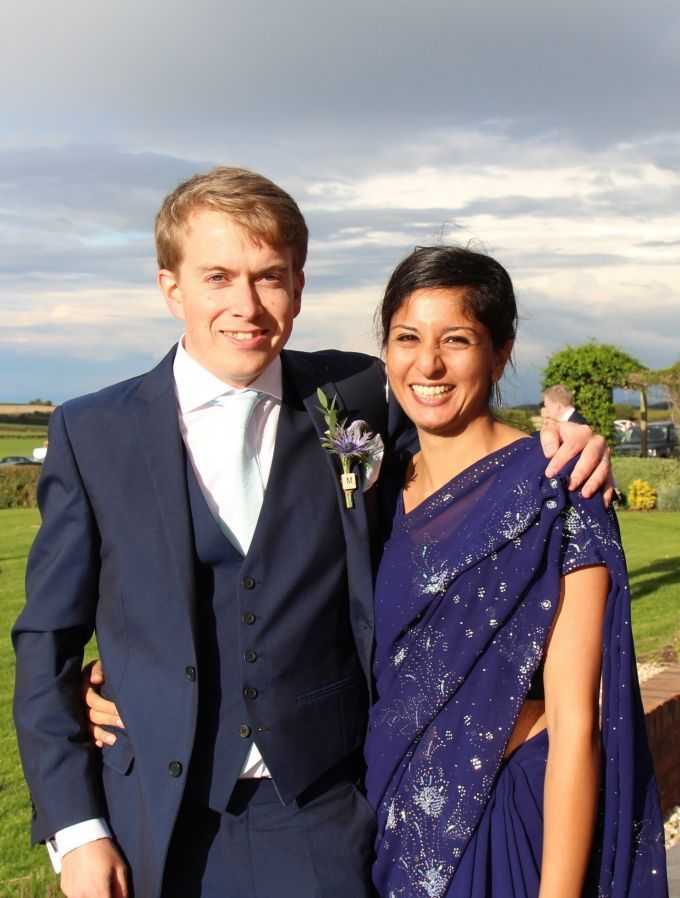
On that note, what are you most hopeful about today?
Aranpreet Randhawa: The law has always been a popular and prestigious career choice, but it has historically had a somewhat lackluster reputation when it comes to fun and work-life balance. Nowadays we have more and more of a focus on looking after our attorneys and their wellbeing, certainly at Proskauer. We work hard, but our culture is increasingly mindful of the need for manage work alongside our personal lives. I’m hopeful that over the next few years legal careers will be increasing seen as enjoyable and rewarding for people in a more rounded way.
